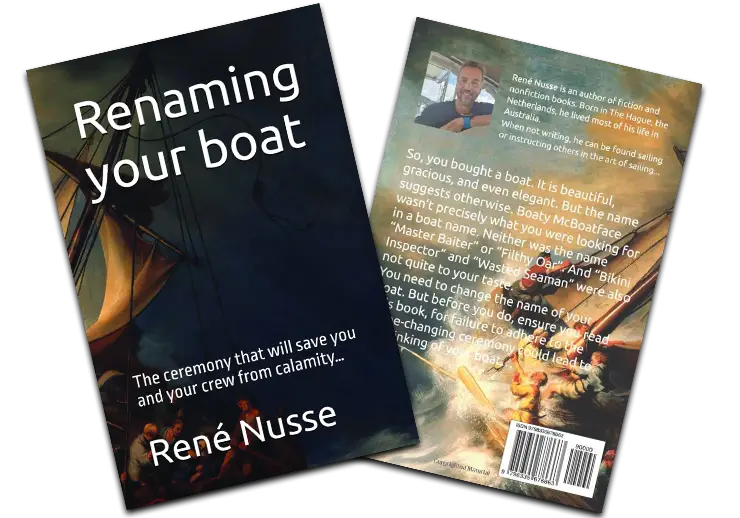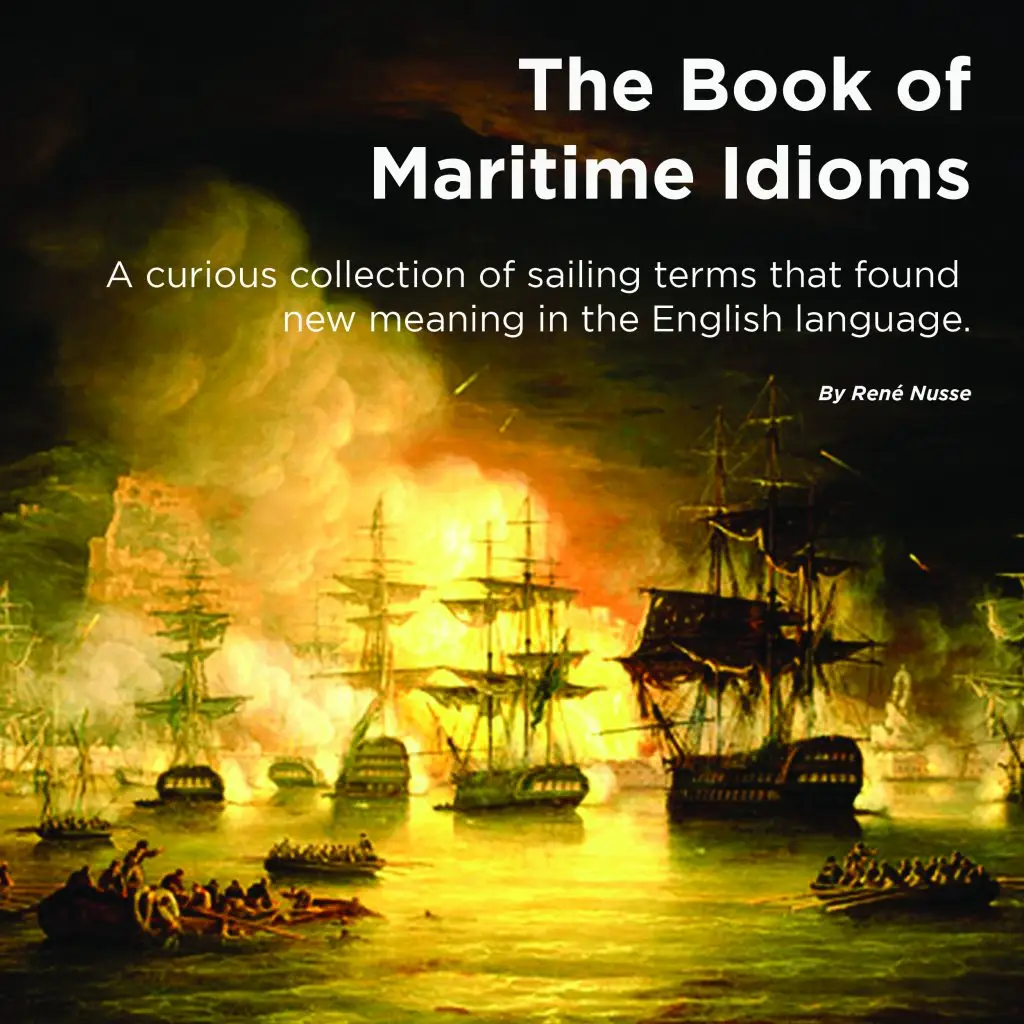The origin of Port and Starboard
The origin of the term “port” in sailing, referring to the left side of a ship when facing forward (towards the bow), has a fascinating history tied to ancient seafaring practices.
Historical Background:
In earlier times, ships typically had steering oars rather than rudders, which were usually located on the ship’s right side. This right side was known as the “steerboard” or “starboard” side (derived from the Old English steorbord, meaning “steering side”).
Due to the placement of the steering oar on the right, it was more practical to dock a ship with the left side facing the port or harbour. This side was hence referred to as the ‘larboard’ side, a term derived from Middle English ‘ladebord ‘, where ‘lade’ means to load or carry.
Change from “Larboard” to “Port”:
As time passed, the striking similarity in pronunciation between ‘larboard’ and ‘starboard’ led to frequent misunderstandings, particularly in noisy or urgent shipboard situations. To eliminate this confusion, the British Royal Navy made the official switch from ‘larboard’ to ‘port’ in the mid-19th century, around 1844.
By then, the term “port” was already in use in some circles, referring to the side of the ship that faced the harbour during docking (port being a term for a harbour or gateway). The name stuck, and “port” became the standard term for the left-hand side of a vessel when facing forward. (Port comes from the Latin word portus, meaning “haven” or “harbor.”)
Summary:
- Port replaced the older term “larboard.”
- It originates from docking ships with the left side facing the port or harbour.
- This change was to avoid confusion with “starboard,” which referred to the right-hand side of the ship.
- Steerboard was the “steering side of the ship and later transformed into starboard.

NAVIGATION RULES CLINIC + BASIC SAIL TRIM COURSE
Author
-

Rene is a keelboat instructor and sailing coach in the Mandurah area WA. He is also the author of several books about sailing including "The Book of Maritime Idioms" and "Renaming your boat".
View all posts


